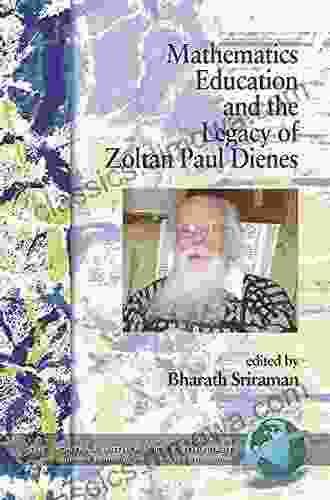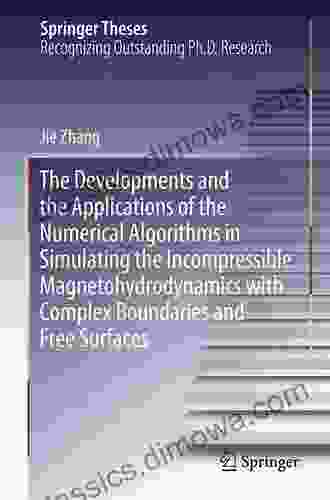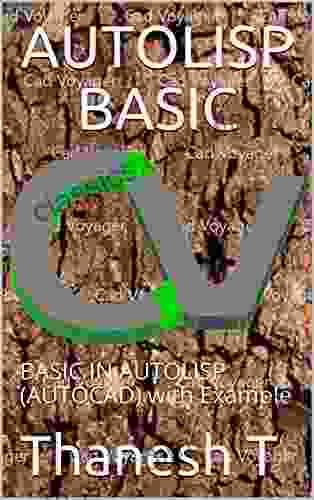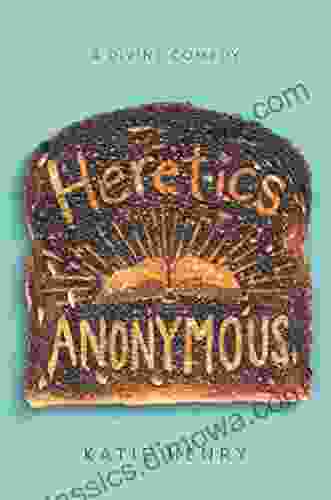Mathematics education is a field that is constantly evolving. New theories and methods are being developed all the time, and it can be difficult to keep up with the latest trends. However, there are some foundational principles that have remained unchanged for centuries. One of these principles is the idea that mathematics should be taught in a way that is engaging and meaningful to students. This idea was championed by Zoltan Paul Dienes, a Hungarian mathematician who made significant contributions to the field of mathematics education.
Dienes was born in Budapest, Hungary in 1916. He began his studies in mathematics at the University of Budapest, but his studies were interrupted by the outbreak of World War II. Dienes was forced to flee Hungary and he eventually made his way to England, where he continued his studies at the University of Cambridge.
5 out of 5
| Language | : | English |
| File size | : | 4002 KB |
| Text-to-Speech | : | Enabled |
| Enhanced typesetting | : | Enabled |
| Word Wise | : | Enabled |
| Print length | : | 126 pages |
After completing his studies at Cambridge, Dienes began his career as a mathematics teacher. He quickly became frustrated with the traditional methods of teaching mathematics that were being used in schools. He believed that these methods were ineffective and that they did not help students to develop a deep understanding of mathematics.
Dienes began to develop his own methods of teaching mathematics, which he called "multisensory mathematics." Multisensory mathematics is based on the idea that students learn best when they are able to use multiple senses to experience mathematics. Dienes developed a variety of materials, such as blocks, rods, and tiles, that students could use to explore mathematical concepts.
Dienes's methods of teaching mathematics were highly successful. His students consistently outperformed students who were taught using traditional methods. Dienes's work has had a major impact on mathematics education around the world. His ideas have been adopted by many educators, and his materials are used in schools in many countries.
Dienes's Legacy in Montana
Dienes's legacy is particularly strong in Montana. In the 1960s, Dienes was invited to Montana to work with a group of teachers who were interested in implementing his methods in their classrooms. Dienes spent several years in Montana, and he helped to train a generation of teachers who were committed to teaching mathematics in a way that was engaging and meaningful to students.
The legacy of Dienes's work in Montana can be seen in the many schools that use his methods. For example, the Bozeman Public Schools have been using Dienes's materials and methods for over 40 years. The Bozeman schools have consistently ranked among the top schools in the state in mathematics achievement.
Dienes's work has also had a major impact on the University of Montana. The university has a strong mathematics education program, and many of the faculty members have been trained in Dienes's methods. The university also has a Dienes Mathematics Education Center, which is dedicated to promoting Dienes's work.
The Importance of Dienes's Legacy
Dienes's legacy is important for several reasons. First, his work has helped to improve the way that mathematics is taught around the world. His methods have been shown to be effective in helping students to develop a deep understanding of mathematics. Second, Dienes's work has helped to make mathematics more accessible to students. His materials and methods are designed to be used by students of all ages and abilities. Third, Dienes's work has helped to promote a more positive attitude towards mathematics. His methods make mathematics fun and engaging, and they help students to see the beauty and power of mathematics.
Zoltan Paul Dienes was a visionary mathematician and educator. His work has had a major impact on the way that mathematics is taught around the world. His legacy is particularly strong in Montana, where his methods have been used to improve mathematics achievement in schools and at the university level. Dienes's work is a reminder that mathematics can be a fun and engaging subject for all students.


























































































